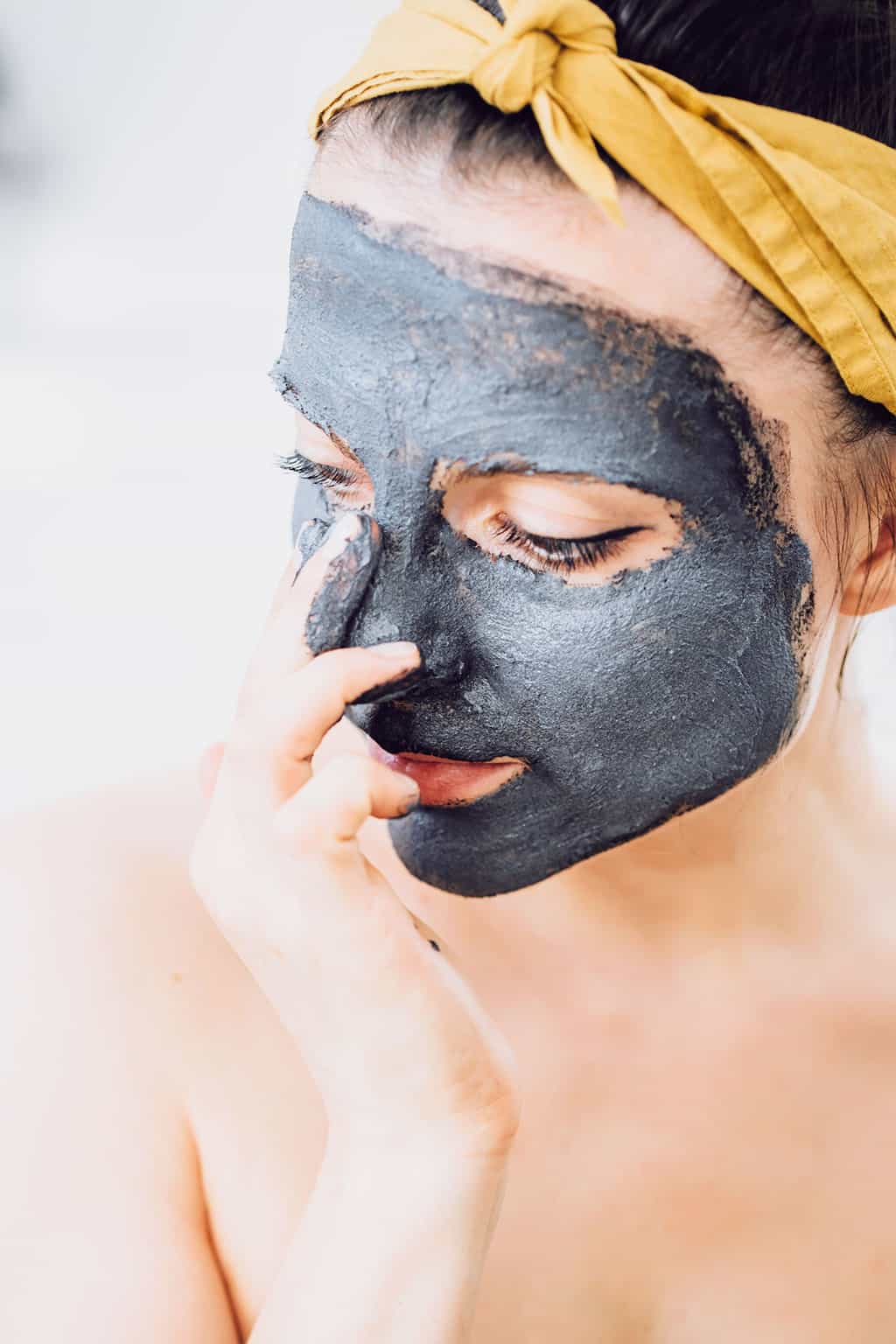Have you ever found an old face mask tucked away in your beauty drawer and wondered, "Can I use expired face mask?" It's a common question among skincare enthusiasts and casual users alike. In this article, we will explore the implications of using expired face masks, the importance of expiration dates, and what you should consider before slapping on that old product.
With the growing popularity of skincare routines and the increasing variety of face masks available, it's easy to accumulate products over time. However, many people are unaware of the potential risks associated with using expired cosmetics. Face masks, in particular, can harbor bacteria or lose their effectiveness after their expiration date has passed.
This article aims to provide you with comprehensive insights into whether you can safely use expired face masks, the potential risks involved, and the best practices for skincare. We will also discuss the importance of checking expiration dates and how to properly store your skincare products to ensure their longevity.
Table of Contents
- Understanding Expiration Dates
- Risks of Using Expired Face Masks
- How to Check if a Face Mask is Expired
- When to Discard Your Face Mask
- Safe Skincare Practices
- What to Do with Expired Face Masks
- Best Face Mask Storage Tips
- Conclusion
Understanding Expiration Dates
Expiration dates are crucial indicators of the safety and efficacy of cosmetic products, including face masks. These dates are determined through stability testing by manufacturers, ensuring that the product will perform as intended until that date.
Typically, face masks have a shelf life of 3 to 5 years, depending on their ingredients and formulation. After this period, the effectiveness may diminish, and the risk of adverse reactions increases. Some key factors that influence expiration dates include:
- Ingredients: Natural and organic ingredients tend to have shorter shelf lives than synthetic ones.
- Packaging: Products in airtight containers generally last longer than those exposed to air and light.
- Storage Conditions: Exposure to heat, humidity, or direct sunlight can accelerate the degradation of skincare products.
Risks of Using Expired Face Masks
Using expired face masks can pose several risks to your skin and overall health. Here are some potential dangers:
- Bacterial Growth: Over time, preservatives in face masks may become less effective, allowing bacteria to thrive.
- Skin Irritation: Expired products can lead to redness, itching, or rashes due to changes in the formula.
- Allergic Reactions: Ingredients may break down or change, potentially triggering allergies or sensitivities.
- Reduced Efficacy: The active ingredients may lose potency, making the mask ineffective in delivering its intended benefits.
How to Check if a Face Mask is Expired
Determining whether a face mask is expired can be straightforward if you know what to look for:
- Check the Expiration Date: Most products have a printed expiration date or a period-after-opening (PAO) symbol (e.g., 6M for six months).
- Assess the Consistency: If the mask has changed in texture, separation has occurred, or it smells off, it's time to discard it.
- Inspect the Packaging: If the tub or tube is damaged, it could compromise the product inside, even if it's not expired.
When to Discard Your Face Mask
Aside from the printed expiration date, there are other signs that indicate it's time to say goodbye to your face mask:
- If you notice a significant change in color or consistency, it's best to discard it.
- If the mask has been opened for an extended period (usually beyond the PAO), even if the expiration date hasn't passed, it's safer to throw it out.
- Always follow the manufacturer's instructions regarding storage and usage for optimal safety.
Safe Skincare Practices
To ensure you are using skincare products safely, consider these best practices:
- Keep track of expiration dates: Write the date of purchase on the packaging or use a beauty inventory app.
- Store products properly: Keep face masks in a cool, dry place away from direct sunlight to extend their shelf life.
- Use clean tools: Always use clean applicators or fingers to avoid introducing bacteria into the product.
What to Do with Expired Face Masks
If you discover that your face mask has expired, don’t fret! Here are some options for disposal:
- Dispose of it in the trash: Do not flush products down the toilet, as they can cause plumbing issues.
- Recycle packaging if possible: Check if the packaging can be recycled according to your local recycling guidelines.
- Participate in take-back programs: Some brands offer recycling or take-back programs for their products.
Best Face Mask Storage Tips
Proper storage can prolong the life of your face masks. Here are some tips for keeping your products in top condition:
- Store in a cool, dry place: Avoid bathroom cabinets where humidity levels can fluctuate.
- Keep away from sunlight: Store in a dark place or use opaque containers to shield from light.
- Seal tightly after use: Ensure the lid is always closed to prevent air and moisture from entering.
Conclusion
In conclusion, while it may be tempting to use that old face mask you found, the potential risks greatly outweigh any benefits. Always check expiration dates and assess the condition of your skincare products before use. Prioritize your skin's health by adopting safe skincare practices and properly storing your products.
Have you ever used an expired face mask? Share your experiences in the comments below! If you found this article helpful, consider sharing it with friends or exploring our other skincare articles for more tips and insights!
Thank you for reading, and we hope to see you back for more informative skincare content!




